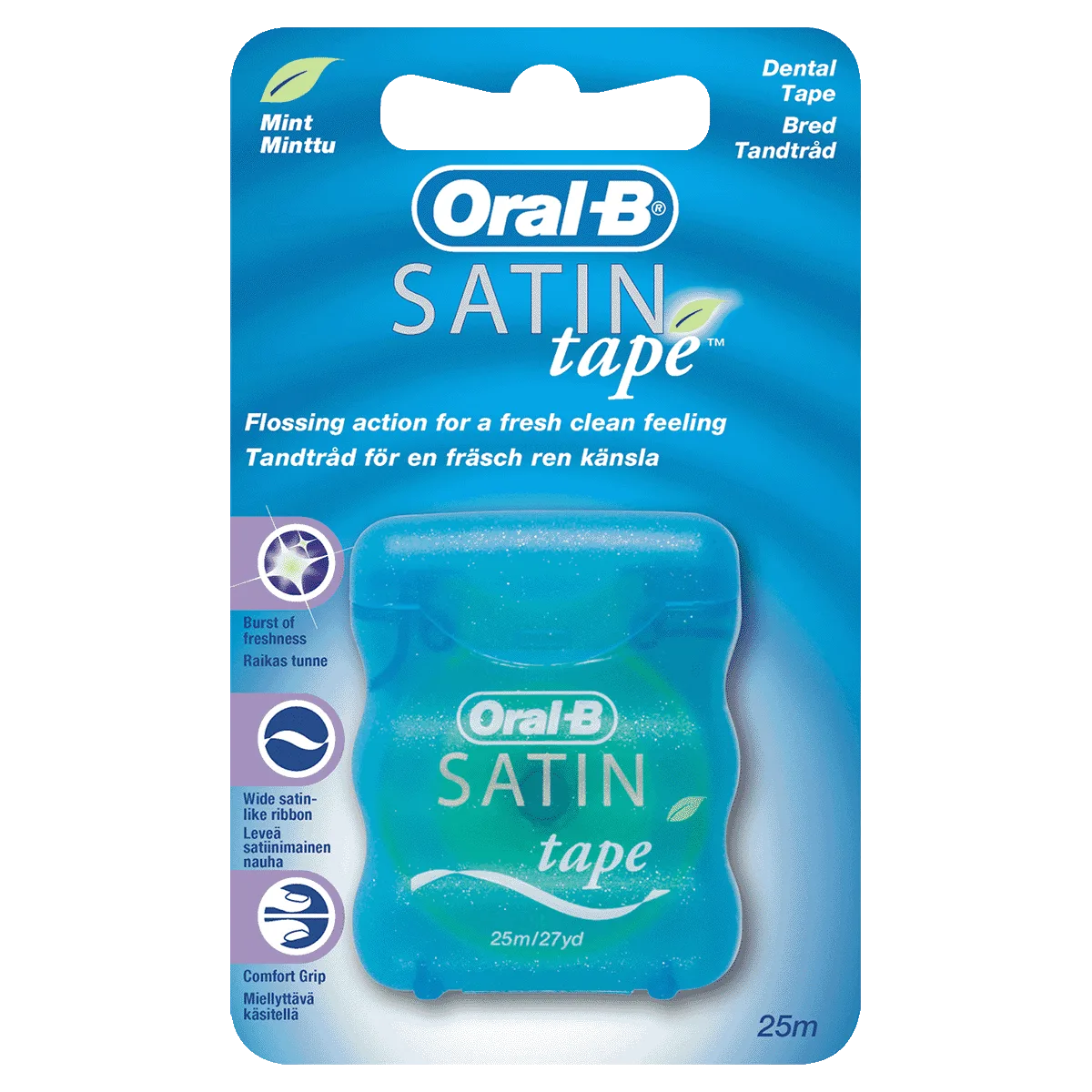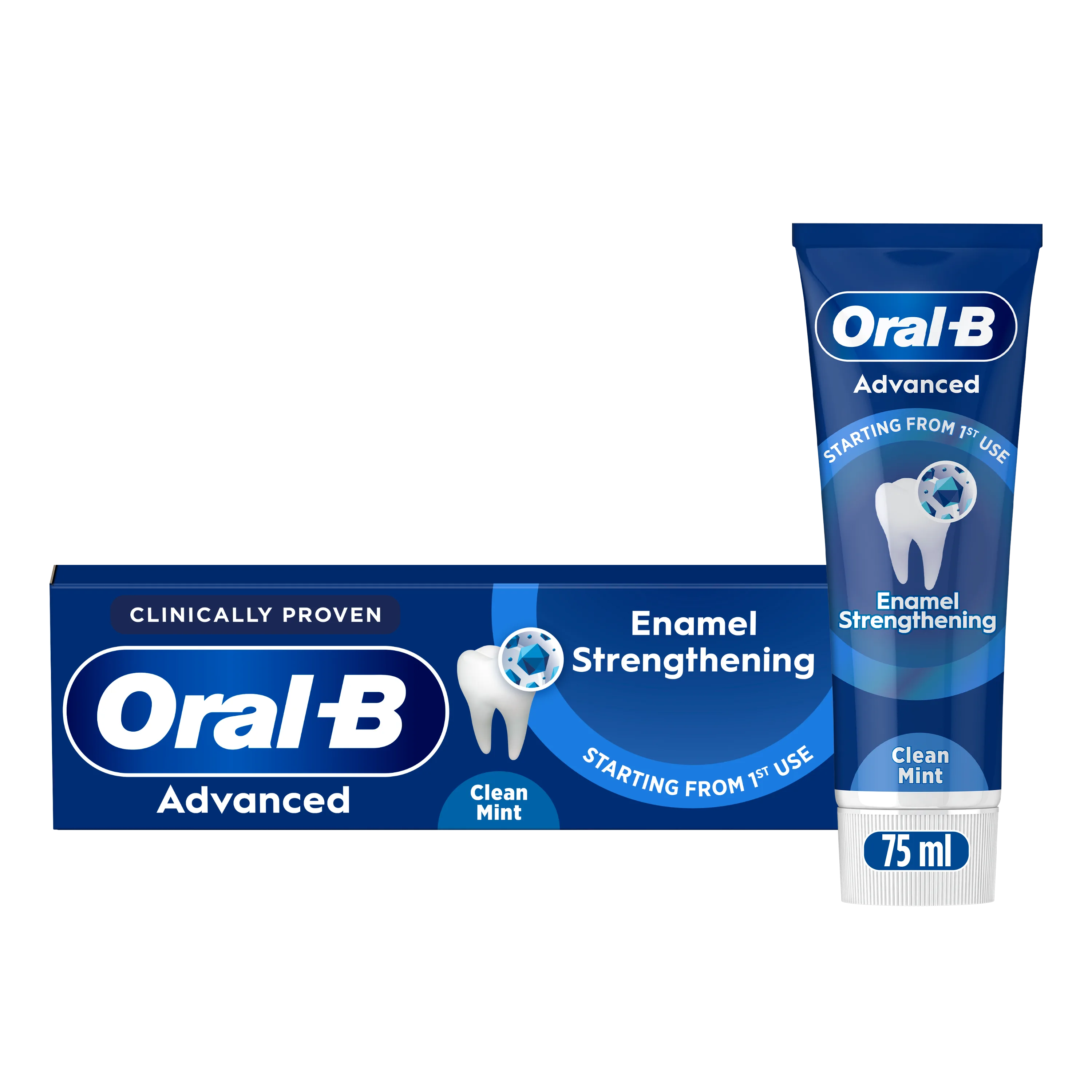06-19-2025
When you have sensitive teeth, you might experience sudden sharp, shooting pain without warning. In this article, you’ll learn causes, symptoms, and treatments so you can get back to enjoying the foods and drinks you love.
Table of Contents

Key Takeaways
- Tooth sensitivity occurs when enamel above the gumline or cementum below the gumline wears away, exposing the underlying dentin and nerve endings.
- Common causes of tooth sensitivity include aggressive brushing, bruxism (teeth grinding), teeth whitening (bleaching), gum disease, cracked teeth or cavities, acidic foods, long-term plaque buildup, and temporomandibular disorders (TMD).
- Symptoms of tooth sensitivity may include sharp pain when consuming hot, cold, sweet, or acidic foods and beverages; discomfort during brushing or flossing; pain when exposed to cold air; receding gums; and headaches.
- Treatments for sensitive teeth include fluoride mouth rinse, dental bonding, gum graft surgery, or root canals, if needed. Your dentist can help you figure out the best option for your situation.
What It Means to Have Sensitive Teeth
Having sensitive teeth simply means that when something touches them — like cold or hot food, sweet or sour food, cold air, or even your toothbrush — you experience pain.
Sometimes, the pain is mild and comes and goes quickly, but, other times, intense pain persists. Either way, you can’t avoid triggers. You have to eat and drink. You have to breathe. You need to make brushing your teeth a priority.
What exactly is creating so much pain in your mouth?
When your teeth are healthy, a hard shield-like layer of enamel protects them above the gum line. Under the gum line, cementum, a connective tissue, sits around the roots of your teeth and protects them from below.
When either your tooth enamel or your cementum (or both) starts to wear away, the dentin underneath becomes vulnerable. Dentin is composed of tubules, microscopic channels that lead to the nerve of your tooth.
When dentinal tubules are exposed, as a result of receding gums or enamel loss, due to exposure, nerves are more easily triggered by certain stimuli causing tooth sensitivity and pain.
Causes of Sensitive Teeth
Aggressive Brushing
Brushing your teeth with too much force, especially when using a hard-bristle toothbrush, may wear away the soft gum tissue, expose the cementum, and cause your teeth to become overly sensitive.
Teeth Grinding
Grinding your teeth can cause enamel to wear away and leave the dentin exposed.
Dental Cleanings or Treatments
Certain procedures — such as cleaning your teeth or getting a filling — may sometimes expose or irritate the dentin, which can sometimes cause sensitive teeth. The good news? This type of sensitivity usually resolves itself fairly quickly.
Whitening Treatments
Teeth whitening usually involves a whitening agent that permeates enamel to break down stains, which can sometimes leave the surface of your teeth vulnerable. When enamel rehardens after the treatment, sensitivity typically goes away.
Gum Disease
Gum disease causes your gums to become inflamed. Your gums may begin to separate from your teeth, leaving vulnerable areas exposed.
Cracked Tooth or Cavity
Both create holes or pathways in your tooth and lead directly to dentin exposure. While minor cracks may cause only mild pain, deeper cracks can lead to sharp pain.
Acidic Foods
Regularly consuming foods and beverages containing higher levels of acid can wear away enamel on your teeth. Eat and drink them sparingly.
Be careful of the following foods: dried fruits, lemons, limes (and other citrus fruits), and tomatoes. Your biggest worries come from soda, sports drinks, and some candies.
Plaque Buildup
If you don’t brush regularly, plaque can build up in the long term, creating a coating over your teeth. Left untreated, plaque buildup can lead to cavities, gum disease, and more serious oral health problems.
When your gums recede, your dentin is exposed, and you’re more likely to develop sensitive teeth.
Symptoms of Sensitive Teeth
Pain When Eating or Drinking
Pain accompanying cold foods and drinks is the most prevalent symptom of sensitive teeth, followed by pain while eating or drinking hot, sweet, or sour foods and drinks.
Pain When Brushing, Flossing, or Breathing in Cold Air
If you experience pain when brushing, flossing, or even breathing in cold air, you might have sensitive teeth. All three actions can create pathways to the nerves in your teeth if you have cracks in your teeth, worn-away enamel, or gum recession.
Pain When You Bite
Sensitive teeth might hurt when you bite on something hard. If you only feel the pain when you release the bite, your sensitivity is likely the result of an underlying problem, such as a small cavity or a chipped tooth.
On the other hand, if you feel pain when you bite down and release (or your pain lingers), you may have more severe tooth decay or another serious dental problem.
Gum Recession
Gum recession occurs when the tissue surrounding your teeth at the gumline wears away, exposing the roots. While this might not cause immediate discomfort, it can lead to increased tooth sensitivity over time.
Headaches
In some cases, you may experience a headache when you have sensitive teeth. The pain in the nerve of your tooth can move along the trigeminal nerve — the large nerve that travels from multiple parts of your face into your brain — to other places in your head.
Sensitive Teeth Treatments
Sometimes, tooth sensitivities go away on their own, but if they don’t, you can talk to your dentist about trying the below remedies.
Use a Toothbrush with Soft Bristles
Since most sensitivity starts at the gum line, it’s crucial to brush with a toothbrush with soft bristles to avoid damaging your gums. Be sure to brush your teeth (especially the sensitive ones) at least twice a day to prevent plaque buildup, which can cause gum disease and increase tooth sensitivity in the long-term.
Floss Every Day
Flossing is an important step in your oral hygiene routine. It helps remove plaque and food that brushing can’t reach so you can more effectively prevent dental problems that might lead to sensitive teeth in the long-term.
Rinse with Fluoridated Mouthwash
Fluoridated mouthwash and fluoride varnishes can strengthen tooth enamel and protect your teeth from acid damage, especially if you use it in addition to brushing and flossing.
Wear a Mouth Guard
Finally, if you grind your teeth or clench your jaw, try using a mouth guard to create a protective layer between your teeth to prevent contact between them.
Avoid Acidic Foods and Drinks
If you’re prone to sensitive teeth, avoid acidic foods and drinks as much as possible. When you do consume them, rinse your mouth with water immediately after.
Consider Dental Bonding and Sealing
Dental bonding, a composite resin, repairs chips and fills gaps in your teeth. Dental sealants are applied to the chewing surfaces of your teeth. Bonding and sealants protect your teeth from bacteria and cover exposed roots.
Consider a Gum Graft Gum grafts can correct receding gums by covering exposed roots. The surgery consists of taking gum tissue from another part of your mouth and grafting it onto your thinning gums.
Get a Root Canal if Needed
If your sensitive teeth are caused by tooth decay, your dentist may recommend a root canal.
A root canal treats infections in the tooth pulp, which is at the deepest part of your tooth. During a root canal, the inflamed pulp is totally removed, the inside of your tooth is cleaned and disinfected, and a filling is added to seal the space.
Care for Your Teeth with Oral-B
Various dental problems cause sensitive teeth, but the good news is that you can help keep your teeth clean and healthy by brushing with an electric toothbrush, like one of our iO Series Electric Toothbrushes.
The iO series removes 100% more plaque than manual toothbrushes for a professional clean feeling at home. When you combine an Oral-B Electric Toothbrush with the tips above, you create a powerful oral care routine for healthy gums and teeth!
FAQs

Why are my teeth sensitive all of a sudden?

How long does it take for sensitive teeth to heal?

Are there sensitive teeth remedies I can try at home?
References
About Our Medical Reviewers
Dr. Monika Negi is a qualified Oral and Maxillofacial Pathologist with over five years of clinical and academic experience and over two years in P&G Research and Development. A Commonwealth Scholar, she holds a Master of Science in Global Health & Management from the University of Aberdeen, United Kingdom, and a Master of Dental Surgery and Bachelor of Dental Surgery from H.P. University, India.
At Procter & Gamble, Monika plays a pivotal role in the Global Oral Care R&D within the Global Professional & Scientific Relations team. Leveraging her clinical expertise and academic rigor, she drives the scientific advancement of Global Oral Care products, ensuring they are clinically validated, and aligned with industry-leading standards. Monika is also responsible for all technical and scientific training for the Global Professional and Scientific Relations team. Her contributions have enhanced product credibility and fortified P&G’s commitment to evidence-based innovation.
Monika has been partnering with the team at Oral-B by fact-checking and reviewing our blogs on dental health.
Sign Up
for expert advice and exclusive offers



